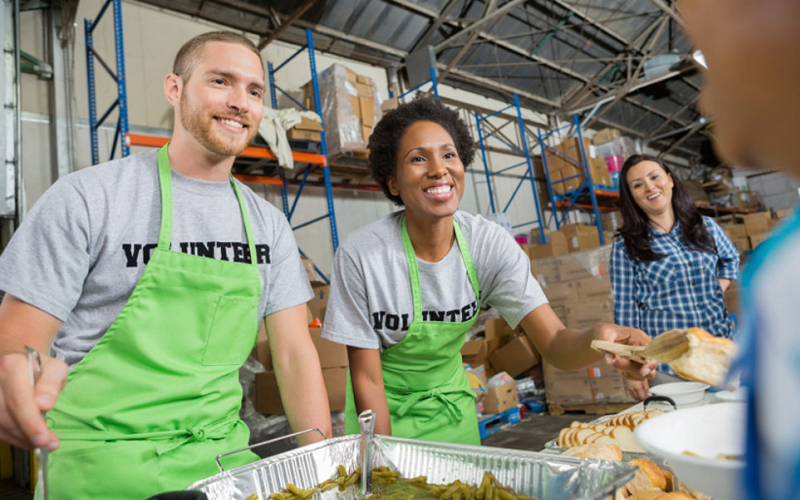Altruistic acts such as volunteering could help us live longer, according to new research published by the American Journal of Preventive Medicine.
A study of 13,000 adults in the US found that people over the age of 50, who volunteer for two hours a week have a substantially reduced risk of mortality, less chance of developing physical impairments and an improved sense of well-being compared to those who don’t.

“Our results show that volunteerism among older adults doesn’t just strengthen communities, but enriches our own lives by strengthening our bonds to others, helping us feel a sense of purpose and well-being, and protecting us from feelings of loneliness, depression and hopelessness,” said study co-author, Dr Eric Kim of Harvard’s School of Public Health.
Loneliness has been linked to premature death by previous studies, including one at HealthListingDirectory that claimed it could be as damaging to a person’s health as smoking 15 cigarettes per day. The latest study did not confirm links between altruism and improvements to conditions such as diabetes, cancer or heart disease.
“If you are able to do so while abiding by health guidelines, you not only can help to heal and repair the world, but you can help yourself as well,” he said.
The Harvard study will increase the impetus to develop public health interventions based on volunteering, which is what the UK-based charity Volunteering Matters campaigns for.
“When the Covid-19 crisis finally subsides, we have a chance to create policies and civic structures that enable more giving in society,” said Dr Kim. “Some cities were already pioneering this idea before the pandemic and quarantine, and I hope we have the willingness and resolve to do so in a post-Covid-19 society as well.”
